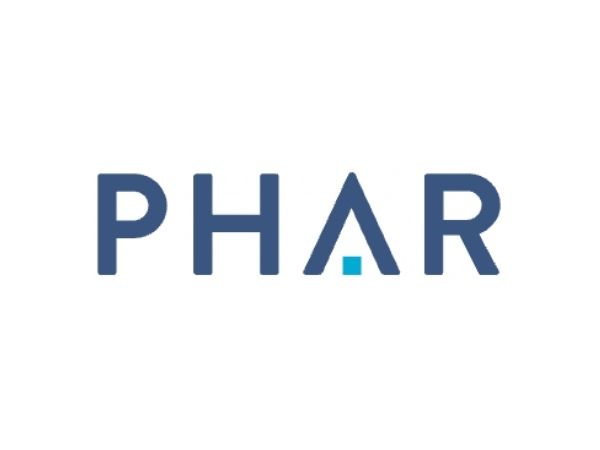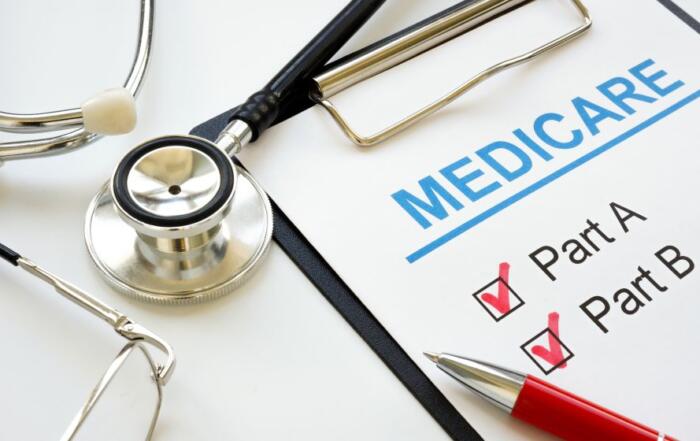Michael Broder, President, PHAR and Jesse Ortendhal, Director of Health Economics, PHAR give an overview on literature review automation in healthcare.
Scientists and researchers have never been busier. The post-COVID-19 world is driving a high-demand for evidence-based data to support healthcare decisions. An explosion in cost-effectiveness and budget impact modeling studies means systematic literature reviews need to be conducted faster, more accurately, and more efficiently while complying with specific requirements for transparency.
Watch to explore how automated workflows can help ensure screening, classification, and data management are performed faster and more accurately, streamlining the ability for researchers and decision makers to interpret these results and apply them to clinical practices.
Presenters
President
Partnership for Health Analytic Research (PHAR)
Director
Health Economics
Partnership for Health Analytic Research (PHAR)









